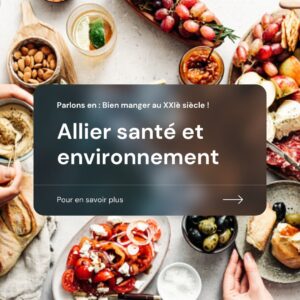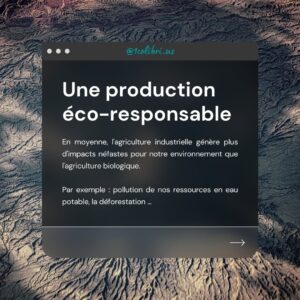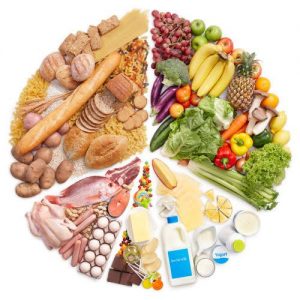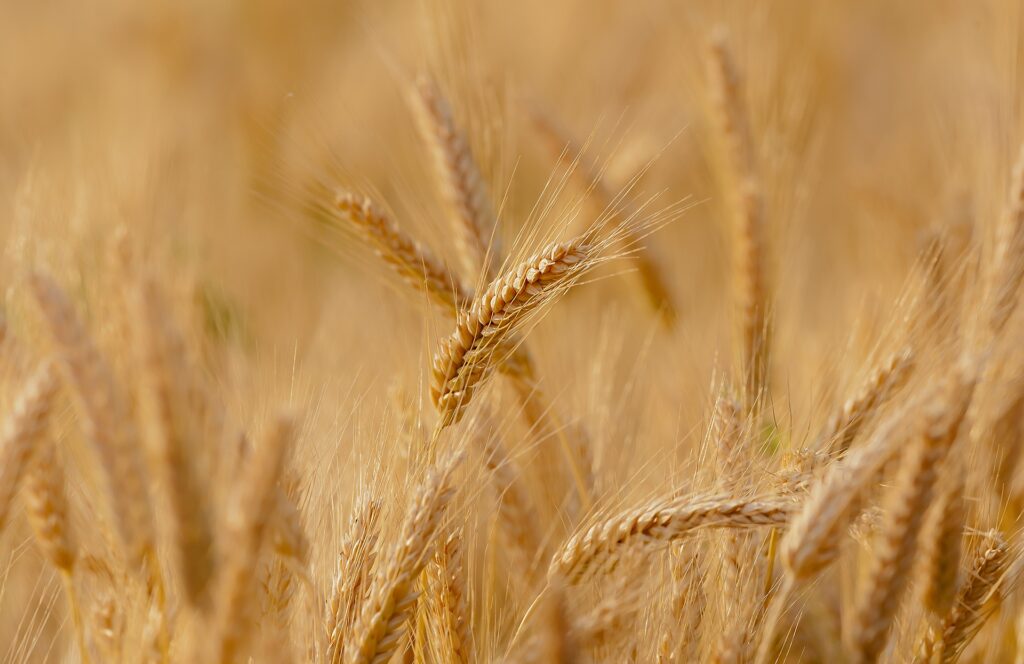
There are many articles about diet describing such and such a "miracle" method and giving lots of advice. These texts often mix 3 important aspects of diet: nutrient intake, production methods (influencing health) and environmental impact.
We will clarify them so that you can make informed decisions about your diet.
Aspect 1: The supply of nutrients
Our bodies need nutrients, found in food, to function: water, protein, fats, vitamins, sugars, etc. To be healthy, we need to absorb these nutrients in relatively precise dosages. For example, we need a lot more water than sugar.
Our Western diets are often too rich in protein and sugars on the one hand and too low in vitamins on the other. As a result, most nutritionists urge us to consume more fruits and vegetables to balance our diet.
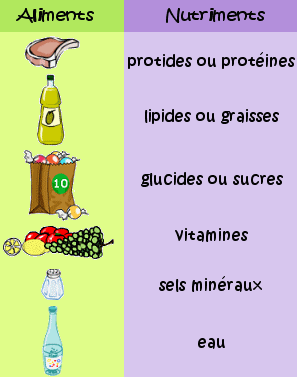
Aspect 2: Modes of production
Manufacturing foods containing these essential nutrients takes time, land and energy. To increase yields, for a century, chemicals: fertilizers and phytosanitary products (insecticides, pesticides and fungicides) have arrived in our landscapes. And indeed, compared to previous forms of agriculture, they have increased yields.
The problem is, these chemicals are toxic. And the first consequence is not for us consumers, but for the farmers who are exposed to these products and for the neighborhood of the farms.
For us consumers, the benefit of chemical-free food for our health is difficult to assess and is still subject to expert debate. However, it can be reasonably argued that an organic food will be without chemical risk while an "industrial" food has a potential chemical risk.
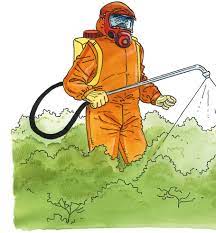
Aspect 3: The environmental impact
These production methods have an impact on the environment. On average, industrial agriculture generates more impact than organic agriculture. These impacts are, for example, the nitrate pollution of aquifers, deforestation to create fields, the energy (and therefore the CO2) necessary for the creation of fertilizers, the transport of food, etc.
The problem is that these impacts endanger the planetary balance. To limit them as consumers, organic and local productions are the most interesting because they have less impact.
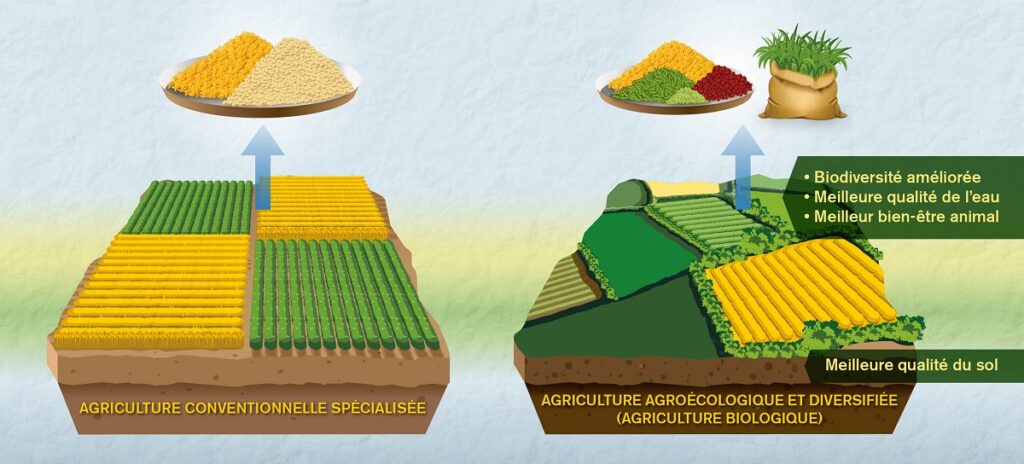
In short :
Food issues cover three areas: nutrient supply, production method and environmental impact.
If you want to have a healthy diet, with a reasonable production method and a low environmental impact, we invite you to eat fruits and vegetables from local and organic production.
